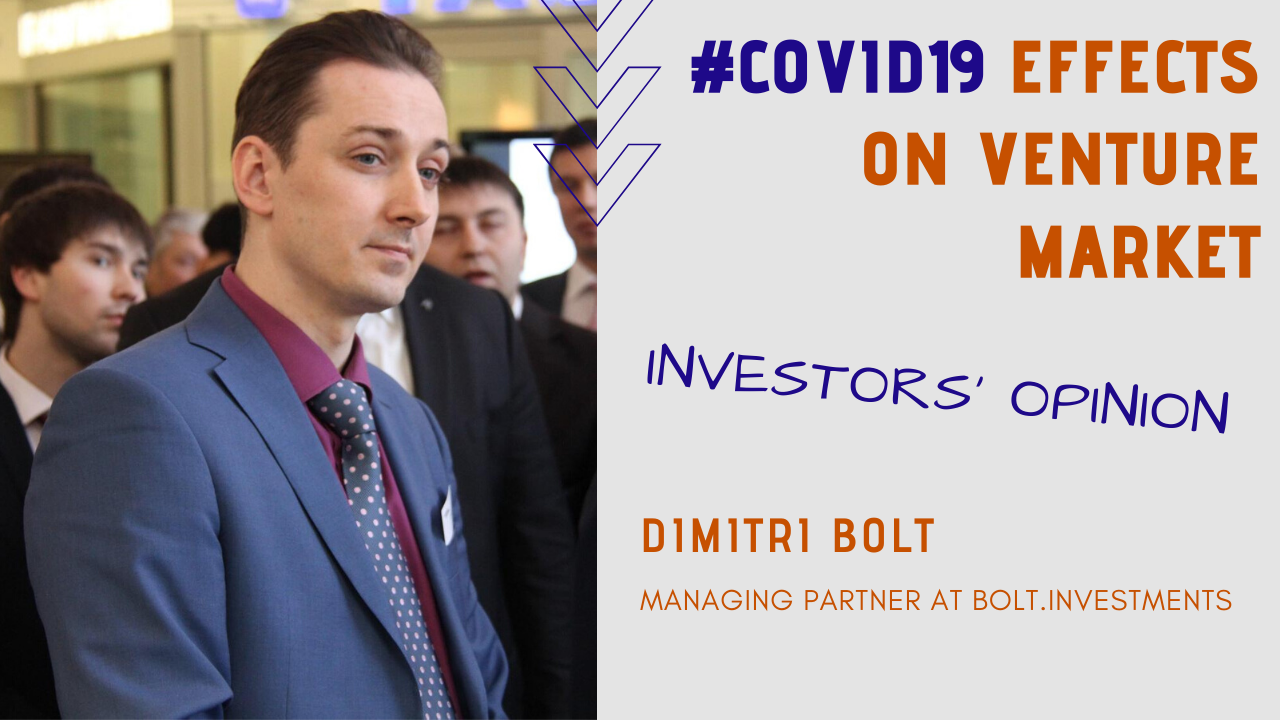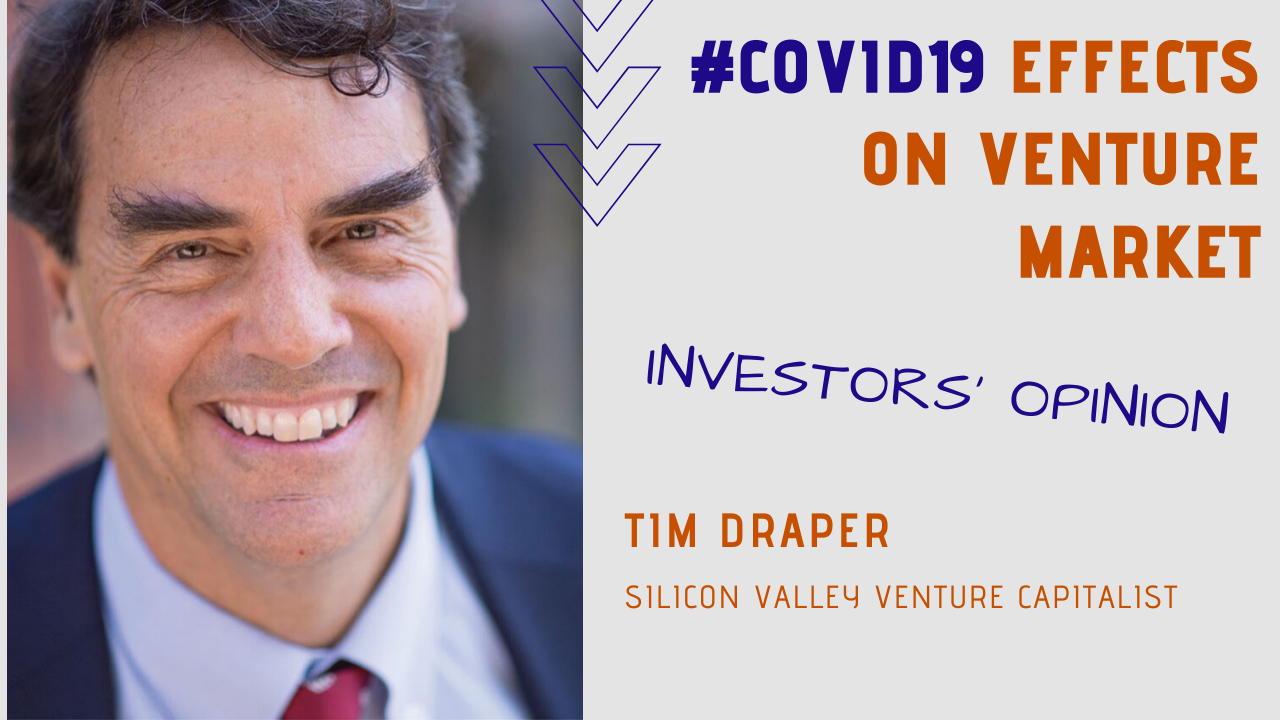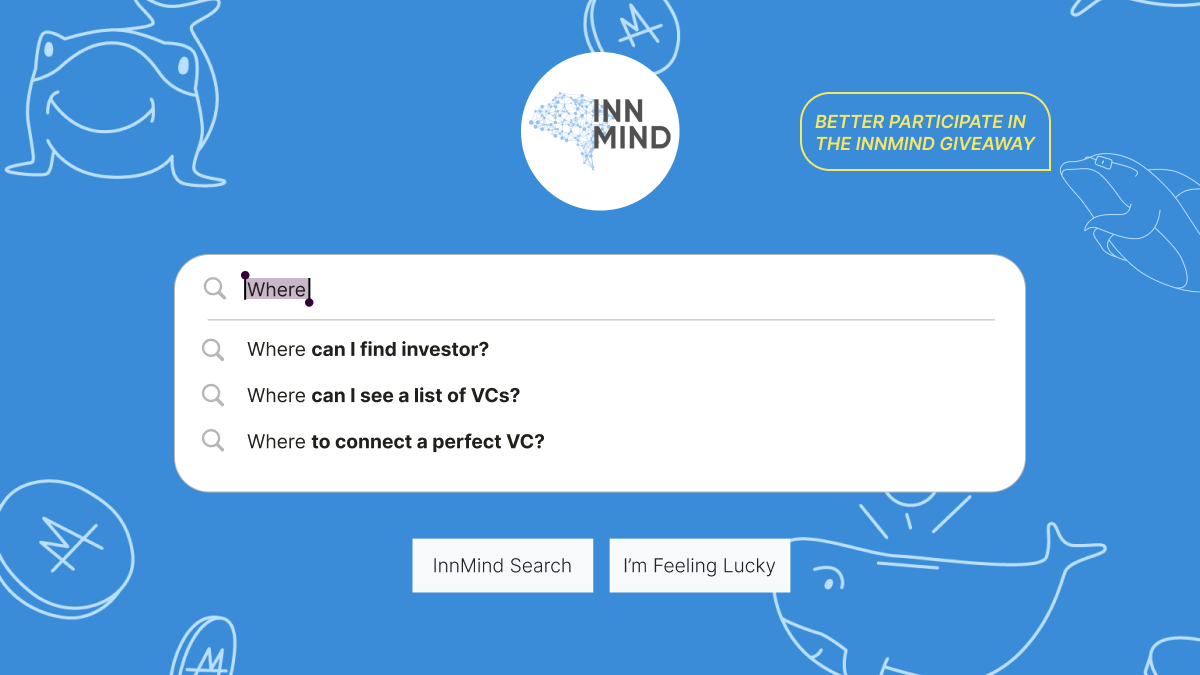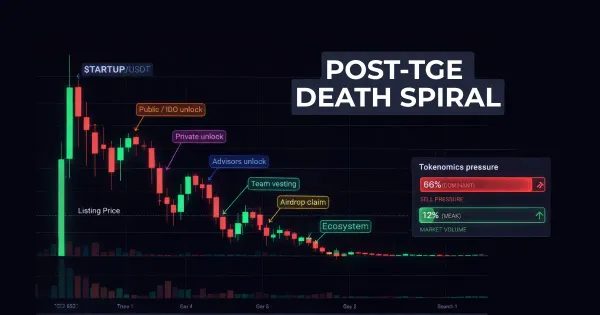How Fake Investors Trick Money Out of Startups
InnMind covers the topics about scams, fraudulent investors, fake identities and how to protect yourself against those risks
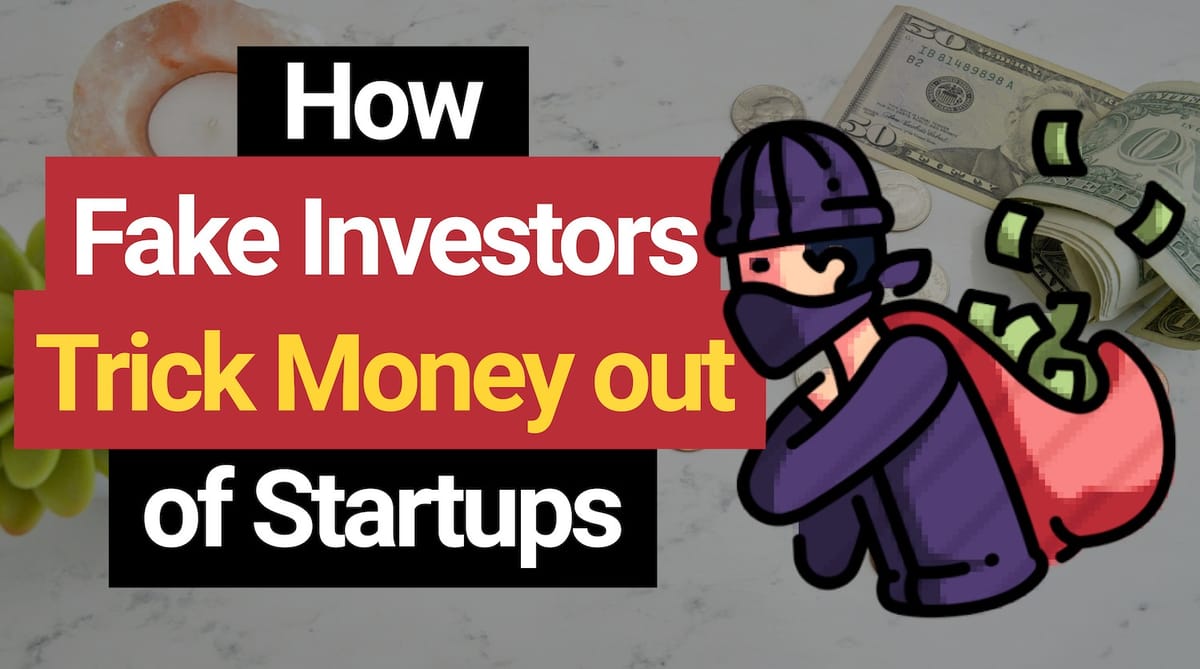
We want to address a very dangerous topic: investors’ scams. While this topic is severely undervalued by mass media, seems that the activity of fake investors has increased during the pandemic: last weeks we faced it several times, both myself on Whatsapp and Linkedin, and in parallel, the InnMind team has identified and blocked a few scammers, that pretended to be investors and tried to screw startup founders with illusional investment opportunities.
You can watch the video about this topic below:
So let’s jump to the point: they may have a nice investor profile and even a well-designed LinkedIn account, and they may have a corporate email and a fancy-looking company website.
But in reality, their ugly plan is to play on the vulnerable point of all startup entrepreneurs: the big wish and motivation to get your startup funded. They pretend to be interested in investing in your startup when in reality, all they really want to do is to trick you out of your money by charging large upfront fees or using other schemes. So you should be very careful, don’t be naive, and blindly run for blurry “investors” promises.
If you think this is not a big problem and the cases are rare, I can tell you that this is not true: the problem exists and is very undervalued by the authorities and media. While preparing this topic I genned up a lot on “scam investors”, “fake investors”, “investment scam” and similar search requests, and as a result on the first page of Google results, I found only 3 relevant articles referring to the topic. Thousands of other publications and overall media coverage on these search phrases focus on the opposite side of this topic: startup scams and how to protect investors from investing in scam projects. Is it fair?
Meanwhile, let me share with you our own experience.
Firstly, during several years of working with startups, I myself was contacted many times by startup founders, who asked me to check investors, who pretended to represent Swiss family offices and promised to invest but with very strange conditions. In each case, there was a website on .ch domain name, a fancy description of an old Swiss family office, an address, a phone number, and some storytelling around. Luckily, in those cases, the founders reached me, and since I was based in Switzerland and deeply involved in the local investment ecosystem, I could easily identify that something was wrong: the office address they claimed to have was in some countryside unknown places, phone numbers kept silent, and the names of the team were absolutely unknown for me and my network, which can’t be true for real investors in the small Swiss business circle. But can you imagine how many other entrepreneurs were cheated before and after?
Below is an example of such a scam investor’s email, that tries to cheat on the investment in the startup:
Dear ____,
My name is Clarissa Rios, I'm an assistant to Patricio Rinamesto.
Regarding _______, Patricio says it's a great opportunity and he is interested to participate as an investor but Because of this CoronaVirus Pandemic, he is able to invest in 3 ways (a,b and c).
a. Loan
You can get a loan and it's no required mortgage. You will need just to cover the financial expenses fee, KYC and you can obtain the loan.
Your question is probably "how much is that?" well, it depends on the amount you will obtain but it's about a small financial expenses fee.
Let me know how much, how many years and what APR% you are comfortable.
One simple Example:
you will need to cover the financial expenses fee for 500k loan, it's about 5%(25k).
90% of the 25k will be refunded back to you once you receive the loan on your bank account.
The 10% of 25k will be for the financial expenses.
Let me know how much, on how many years and APR% you are comfortable and we can complete the deal online.
b. Equity partnership
When this coronavirus pandemic started Patricio froze all his online bank accounts and switch them in the offline bank deposit boxes, that means all funds available for investment is in a physical deposit box in order to invest in some project the offline funds need to be switch into the online account and then the bank transfer can be complete. It’s the same process like when you buy gold and the gold seller holds his gold in a deposit box in the bank and when the buyer wants to buy it he need to make an order and need to provide a deposit to make the order and service&seriousness. But in this case, it’s about the funds that need to be back online to be transferred to you, the bank asking for 5% for this service, and of course, you won’t be charged you provide the deposit for the bank service and once you receive the transfer you calculate the -5% of funds and you refund your deposit. This process is included because during this coronavirus pandemic Patricio had agreements with few startups and projects to invest in and he deposited for the bank service fee instead of them and they had low confidence in the projects and suggested to wait till this coronavirus pass, it was friendly advice from them but then he needed to switch back offline the funds and he had expenses.
c. Advisor
I can join in your team as an advisor and help you as much as I'm able.
Best Regards
Clarissa Rios
personal assistant at Pargennium & executive secretary at Omini Trade & The Kronenhof Empire
Next, once the InnMind platform began to grow and gain traction, we started to identify fake investor profiles registered on the platform and send messages to our community members claiming they want to invest and ask for money in advance to cover some insurance charges or bank fees. Luckily, we could identify them and block them quite fast thanks to our community, and after a few such cases in order to avoid scammers from both sides, we implemented a “verification” service, when our team has a call with the new members on the platform, asking questions and verifying their identity and actuality of contacts. Since then, the “verified” badge shows that you can trust the profile of investors or a startup on the platform because it was verified by our team. However, this is not a panacea, because some users still forget to pass the verification process or just don’t pay attention to this. Below is an example of the real email from the fake investor to a startup founder on InnMind:
And finally, during the last month, I was myself twice contacted by such “investors” via whatsapp. You can see here the screenshot of one of these conversations:
For me, it was easy to identify the fake request, first of all, because I am not looking for funding and was not talking to anyone on this topic in the last few months, so it was obvious that this guy is a con. But for startup founders who are desperately looking for funding during the lockdown and are talking about it on a variety of platforms, it would be not easy to identify a scammer so fast. As you can see, he has a swiss phone number and pretends to be redirected from the “broker”.
So what should you do to stay safe and avoid getting into a conversation with fake investors?
Tip 1 - communicate with verified professionals
If you are on the innmind.com platform, communicate only with those investors that have a verified badge. If someone has contacted you without being verified, advise him to pass the verification procedure before you continue the conversation. Or simply contact the InnMind support team in case of any doubts.
But if you’re not yet on InnMind and if you communicate with investors in social media, email, or other online platforms, you have to be even more careful, follow the instructions below and take the necessary steps to protect yourself and your company against possible fraud.
Tip 2 – Identify their investors’ experience
If you were contacted by an unknown investor (VC, business angel, or any other type of investor), first try to check any available information on the internet. If there is nothing informative, don’t hesitate to ask what businesses they have invested in before, and don’t be afraid of asking for referrals, i.e. contact details of other founders he has invested in. A sane investor, who is interested in your company will never hide this information and will be able to give you the information, including the names and contacts.
By the way, you can subscribe to InnMind newsletter to get more insights and tips for your project development: useful tools and events, market insights, and exclusive opportunities tailored for founders and investors.
Tip 3 – Double check the information from the internet
Don’t rely only on the information from the website or the LinkedIn profile (yes, linkedin doesn’t have any kyc or verification procedures and it is easy to create and promote a fake linkedin profile). So if you have an investor’s Linkedin profile, check your mutual connections and if you have any, don’t hesitate to ask other people about this person and if they really know him/her.
On the websites of the reliable investment company you should see the address, phone number and information about the team with the links of their social media profiles or email addresses, as well as the information about investment focus, criteria and application form. Most of active investment firms also have corporate accounts or company pages in social media, where you can see the latest news and updates. If something is missing, pay more attention to the details and try to check the address or company name in the trade registry, etc.
Tip 4 - Analyze the conversation flow
The real investors always have plenty of questions about your startup, business model, and scaling plan. He will never make an investment decision based on your pitch deck. He will want to discuss and ask more questions related to your startup to move forward. If someone offers you investments after the first conversation or shortly after sending them your pitch deck, this is a red flag to be cautious about.
Tip 5 – Determine if the person is demanding money
The real investor will never demand you to pay for anything upfront, especially to cover banking fees or insurance charges. If an investor promises you to invest and then asks you to pay for some fees, whatever it is $100, $500, or several thousand, it is a 100% scam.
This is one of many widely used stories by scam investors: For example, they may offer you $2-5M as an investment, but “to follow the procedure they have to make insurance on the deal” and ask you to pay a small fee of $1’500 for the third party insurance broker. If an investor is asking for money from you, be sure something is wrong. Don’t make any transactions and investigate their identity before moving forward with the conversation.
Meet interviews with real and active investors
Also, InnMind hosts regular pitch sessions with active VC investors and most interesting Web3 startups/projects, here is the calendar of the upcoming events.
